Children's Programme - Chennai & Nagercoil
The core activity of Bala Mandir is its Children’s Programme. This covers all the activities related to the holistic development of the children admitted to full-time care in Bala Mandir’s Homes in Chennai and Nagercoil. Bala Mandir is also an approved specialized Adoption Agency and all adoptions take place through the Central Adoption Resource Authority (CARA).
As they grow up, besides education, the children go through co-curricular and extra-curricular activities for their all-round developmentwith social workers monitoring the children for their physical and psycho-social well-being. All the admissions to the Children’s Programme are as per the prescribed statutory process. The Home in Chennai admits children below 8 years while the Nagercoil Home is exclusively for girls admitted above 5 years.
Bala Mandir pays special attention to rehabilitation of the children back into their own homes and then on to society. Only the children who cannot be given for adoption,but in a situation where the parent/guardian is also not able to take care of them, grow up in our homes. Bala Mandir monitors the integration of the rehabilitation of older children with the parent/guardian and society, and supports them through a Home Sponsorship programme.
Admission:
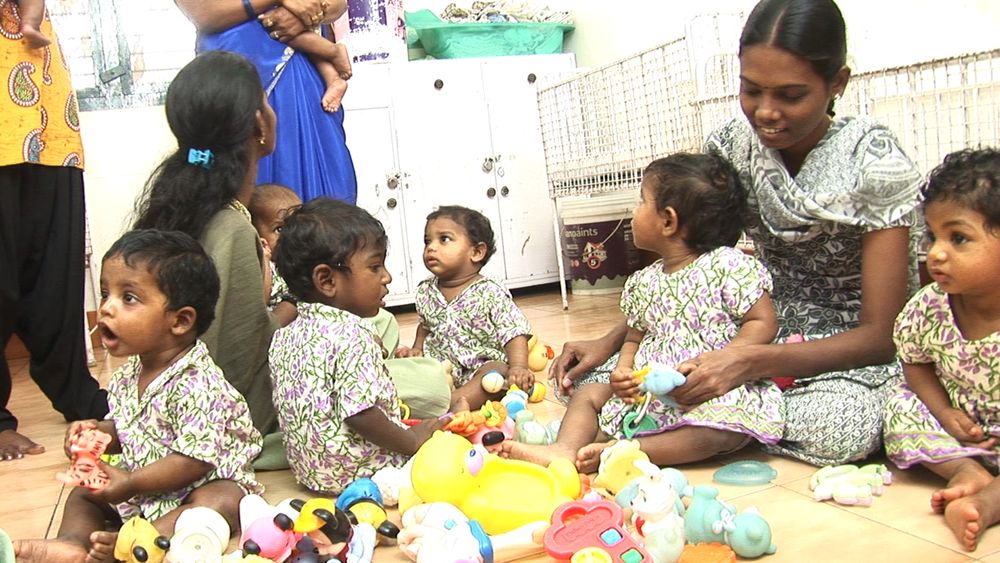
Admission:
Admitted below 8 years of age in the Chennai Home, Bala Mandir seeks to place as many abandoned, orphaned and surrendered children who can be legally cleared, in adoption either in India or abroad after following the laid down process. The children who grow up in Bala Mandir are children of destitute, deserted, deprived or widowed women, orphan children with relatives, and those from poverty stricken / disturbed families mostly, recommended for institutional care by the Child Welfare Committee (CWC). The girls admitted above the age of 5 years in the Nagercoil Home are typically not in the adoption category, since most of them would have families to return to.
Discharge:
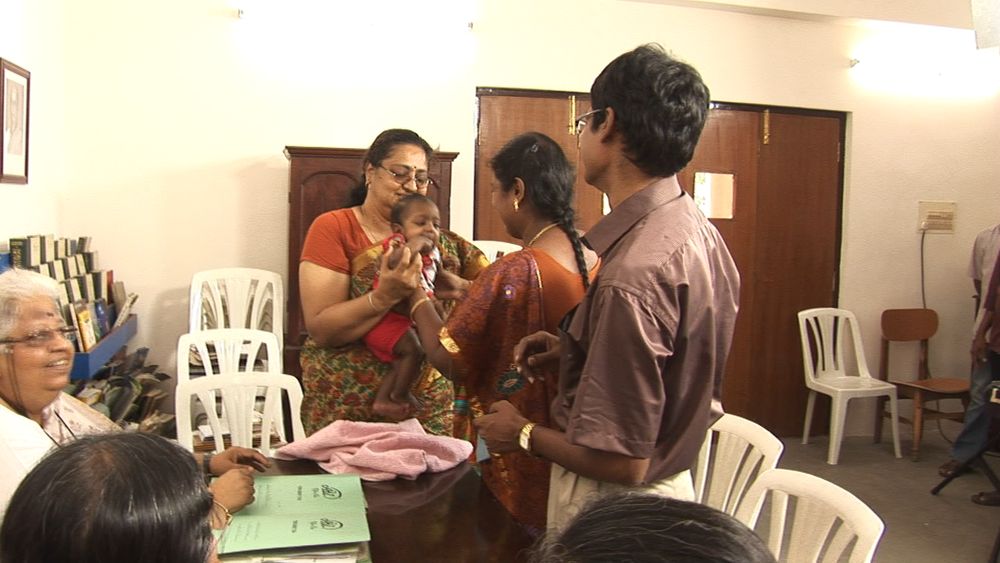
Discharge:
Normally children are discharged from the Home at 18 years of age for girls and 16 years of age for boys and positively only on completion of X or XII Standard. They are usually handed over into the custody of their parent or family. However, in all cases Bala Mandir continues to support their Higher Education.
In some cases, the parent or family take the child back into their home – since their circumstances have improved. The institution is most happy to place such children back with their family and continue to support them, under the home sponsorship scheme.
Transfer to another institution happens in exceptional cases where Bala Mandir is convinced that the child can get better medical care or opportunity for vocational training.
Orphans who grow up in Bala Mandir, and have completed their education, either move to hostels outside or are provided with opportunities to work in the Bala Mandir Homes in various capacities. They are supported by Bala Mandir under the higher education programme which includes not only funding of their education but also mentoring support to guide them on an ongoing basis even after they move out.
Bala Mandir arranges for the marriage of orphan girls with maximum care and sensitivity and provides them with all the facilities for a comfortable transition into society.
Care and Attention:
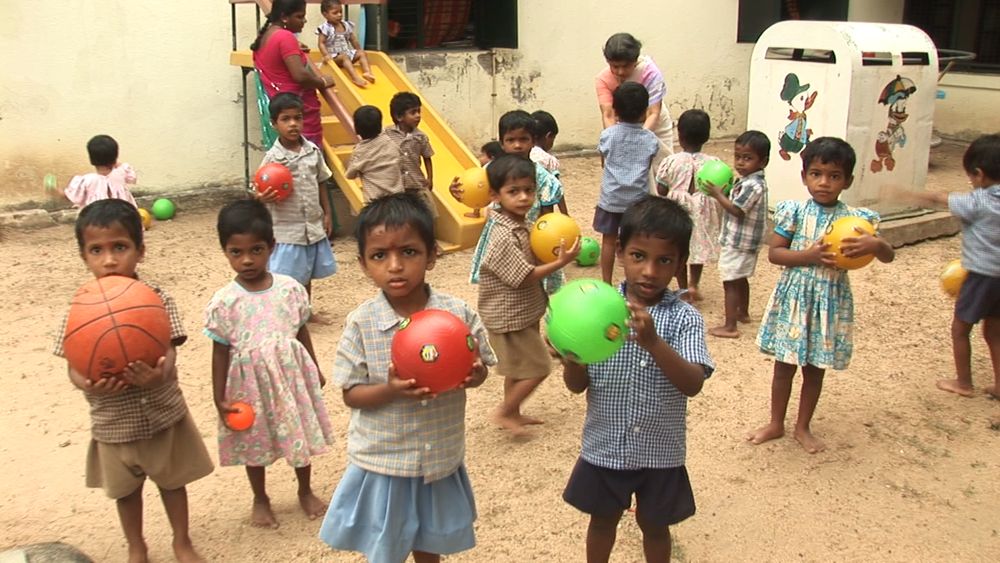
Care and Attention:
Over the years, Bala Mandir has developed child centered systems for providing care and attention for the holistic development of children in its care, based on well-defined age and developmentally appropriate parameters.
An in-house clinic with visiting doctors takes care of all medical problems and where necessary, referrals are undertaken and hospital care given, in the best interests of the child.
The well-equipped kitchen takes care of all the nutritious and well-balanced menus provided at breakfast, lunch, tea and dinner, sponsored by loving donors who often join the children at mealtimes.
Tutors, caregivers and senior children oversee study hour in the evenings and on holidays, and help to supplement school work. Internet facilities for attending online classes is available to the children.
In their leisure time the Bala Mandir children enjoy themselves in the play room, well-equipped with indoor games, toys and books specially suitable for each age group.
Children are encouraged and can benefit from good facilities for sports / yoga and opportunities to participate in various cultural functions to enable their all-round development along with an understanding of Indian culture. Value education is part of the routine and all festivals are celebrated to ensure a holistic understanding of the religious and social practices surrounding them.
Outings, entertainment programmes, and participation in competitions in and around Chennai, help the socialisation process of the children.
Children's Home infrastructure:
Children's Home infrastructure:
Main Block for Girls:
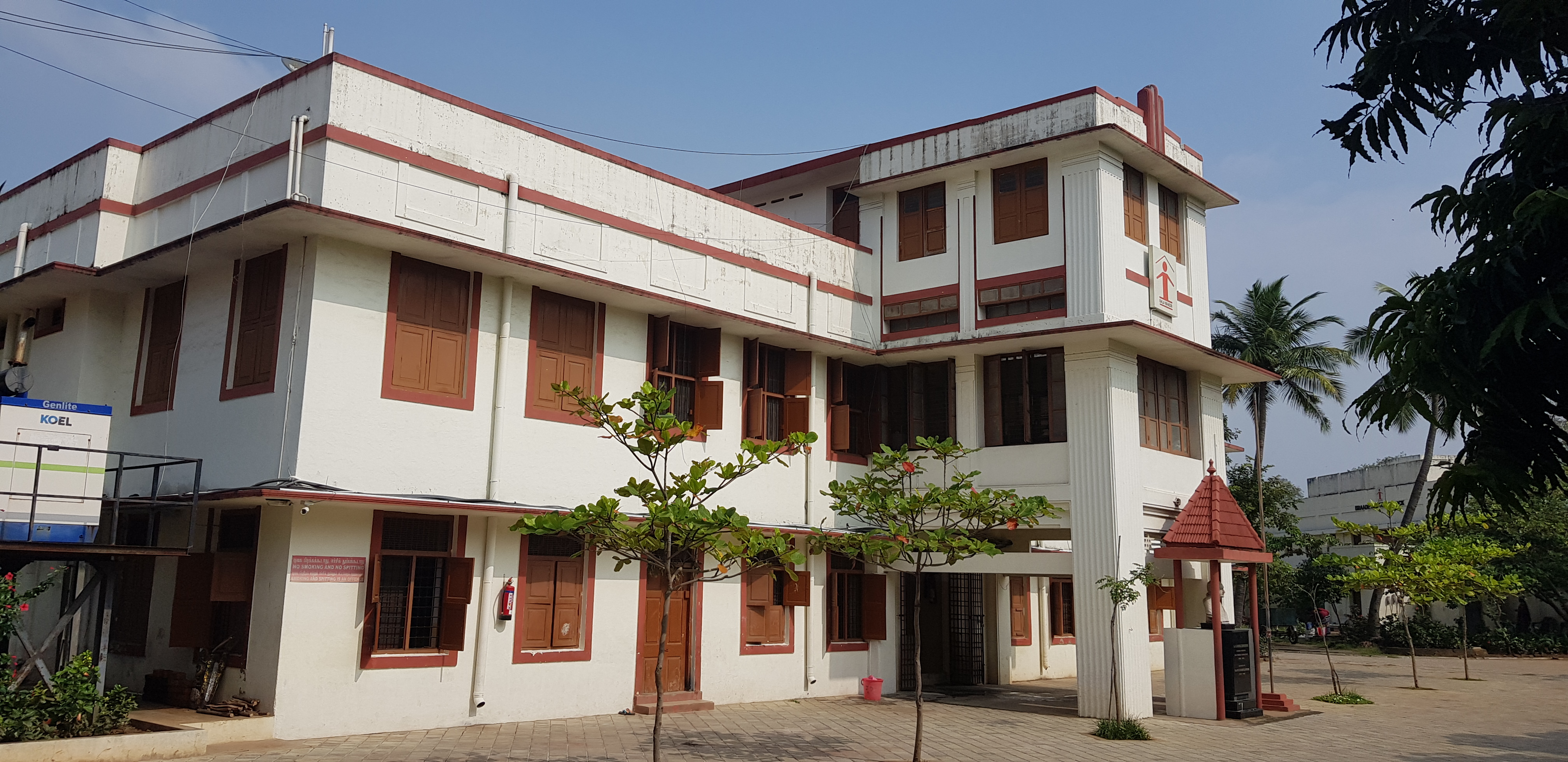
Main Block for Girls:
Dating back to 1951, this was the first building of Bala Mandir. Built with donations from the public, it was completed in 1951-52. Initially it housed all the children, but now it houses junior and senior girls (age 6 to 18 years). It has recreational rooms for children and the Tailoring Section. It was renamed Ramnath Goenka Block in 1994, by the former President of India, Sri. R. Venkatraman. A statue of Bala Mandir founder Manjumma adorns the front of the building. This was inaugurated by Bharat Ratna Smt. M.S. Subbulakshmi on September 24, 1997.
Infant and Toddler Block (Hospital Block):
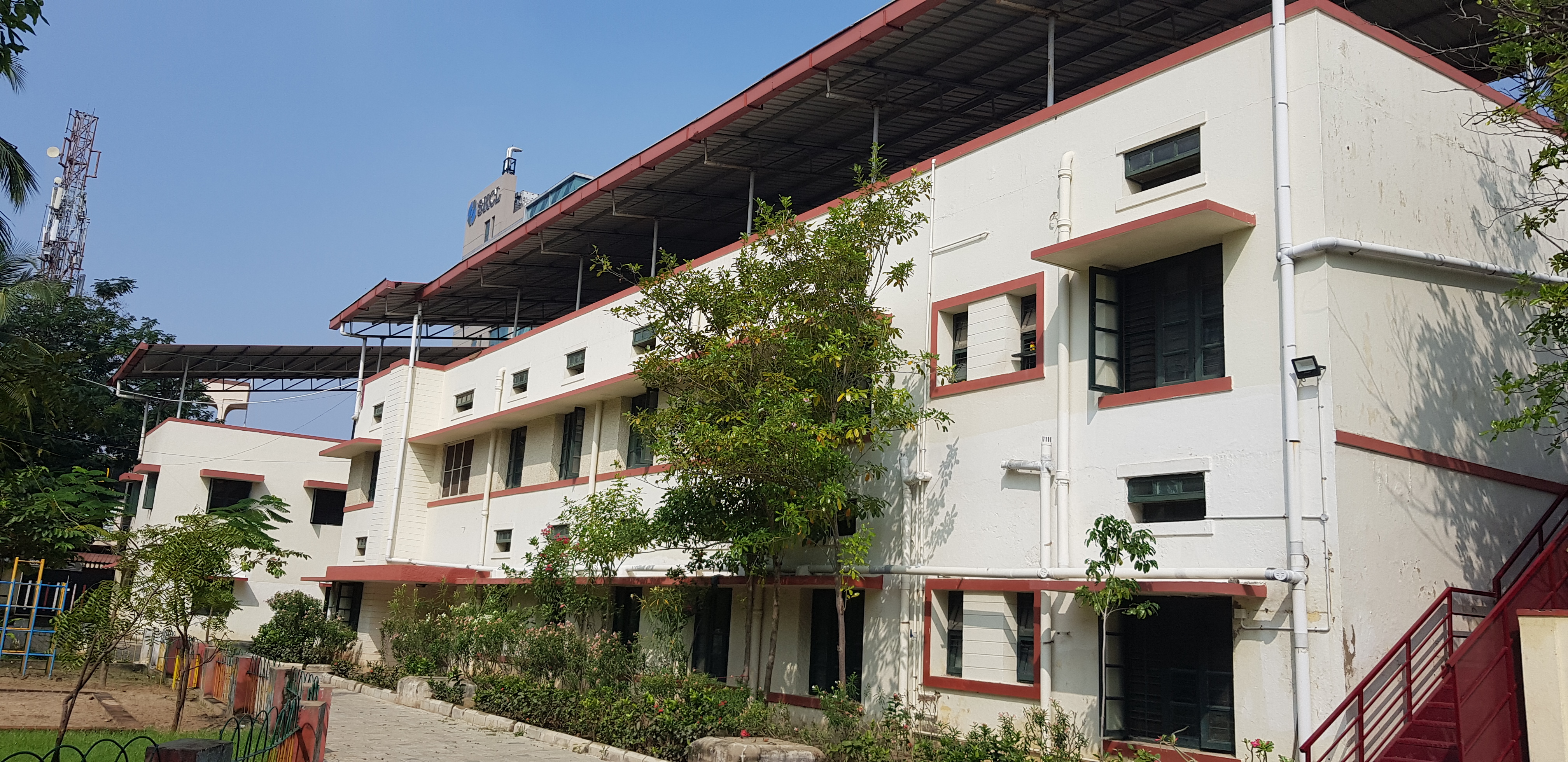
Infant and Toddler Block (Hospital Block):
Inaugurated by Smt. Indira Gandhi on June 7, 1959, the Sriman Srinivasa Iyengar Block was named Hospital Block since it was a ‘hospital’ for the children in the early days. Later, when better medical help was available outside, this became the Infant and Toddler section of Bala Mandir. It has a separate kitchenette and dining area for the little ones and a large play area in the front. The first floor was built with donations from the public and help from L&T ECC.
Daswani Block for Boys:
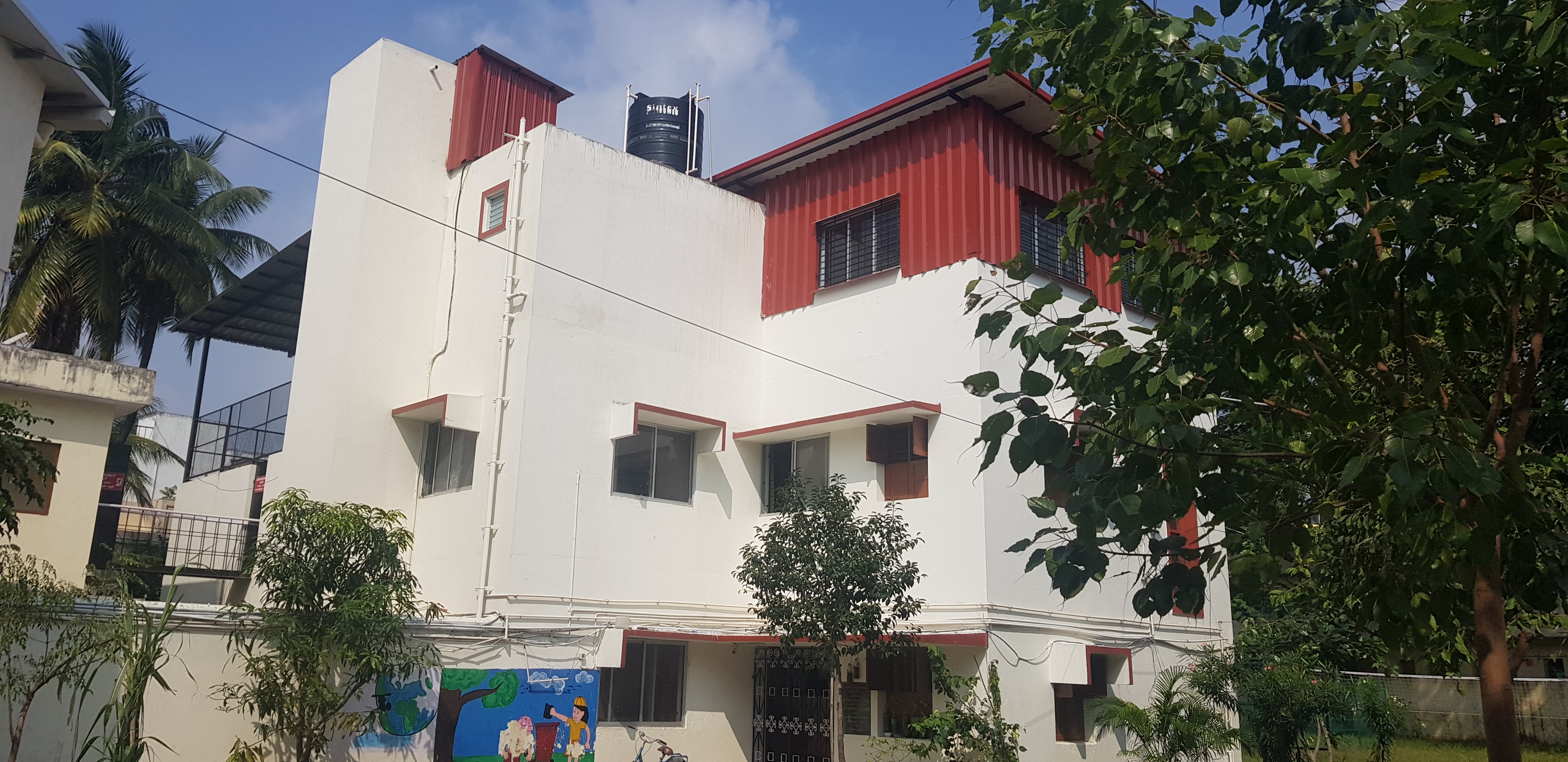
Daswani Block for Boys:
Donated by Smt. Gopi C. Daswani in memory of her husband Sri. Choitram T. Daswani, this building was inaugurated by Sri Prabhudas Patwari, Governor of Tamil Nadu in 1980. In the past this building was used as a Transit Home for senior orphan girls and functioned for a while as a Working Women’s Hostel for them. During that time they did their own cooking and housekeeping and learnt many houseekeeping skills. Later the Vidyalaya School operated in this building. Currently the building is used as the Home for the senior boys (age 6 and above).
Nagercoil Unit Buildings:
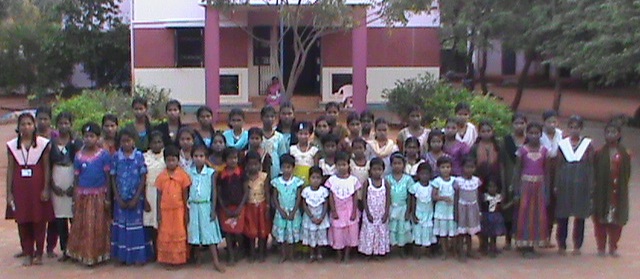
Nagercoil Unit Buildings:
Built on the land bought by Bala Mandir Kamaraj Trust for the purpose, the first building was funded from the donation of Braade Stifftung and was inaugurated by Mr. Lars Odd Pettersen, Chairman, Braade Stiftung in 2004. The second building was added in 2017 with the support of Braade Stiftung. This was also inaugurated by Mr. Lars Odd Pettersen and this helped double the capacity of the Nagercoil Home.
Kitchen & Dining Hall:
Kitchen & Dining Hall:
The foundation stone for this building was laid by Sri. K. Kamaraj in 1967. Built with the help of a Government Grant and OXFAM, the kitchen has served nutritious meals to thousands of Bala Mandir children over the years. The kitchen has been modernised with the necessary equipment and a solar heating system. The dining hall is used, apart from mealtimes, for weekly common prayers, celebrating festivals and group activities. The Stores building was built with the help of Braade Stiftung, Denmark and inaugurated in 2002 by Michaela Hover, Member – Braade Stiftung. Large quantities of rice and other provisions are stored here.
Vinayaka Clinic & Resource Centre:
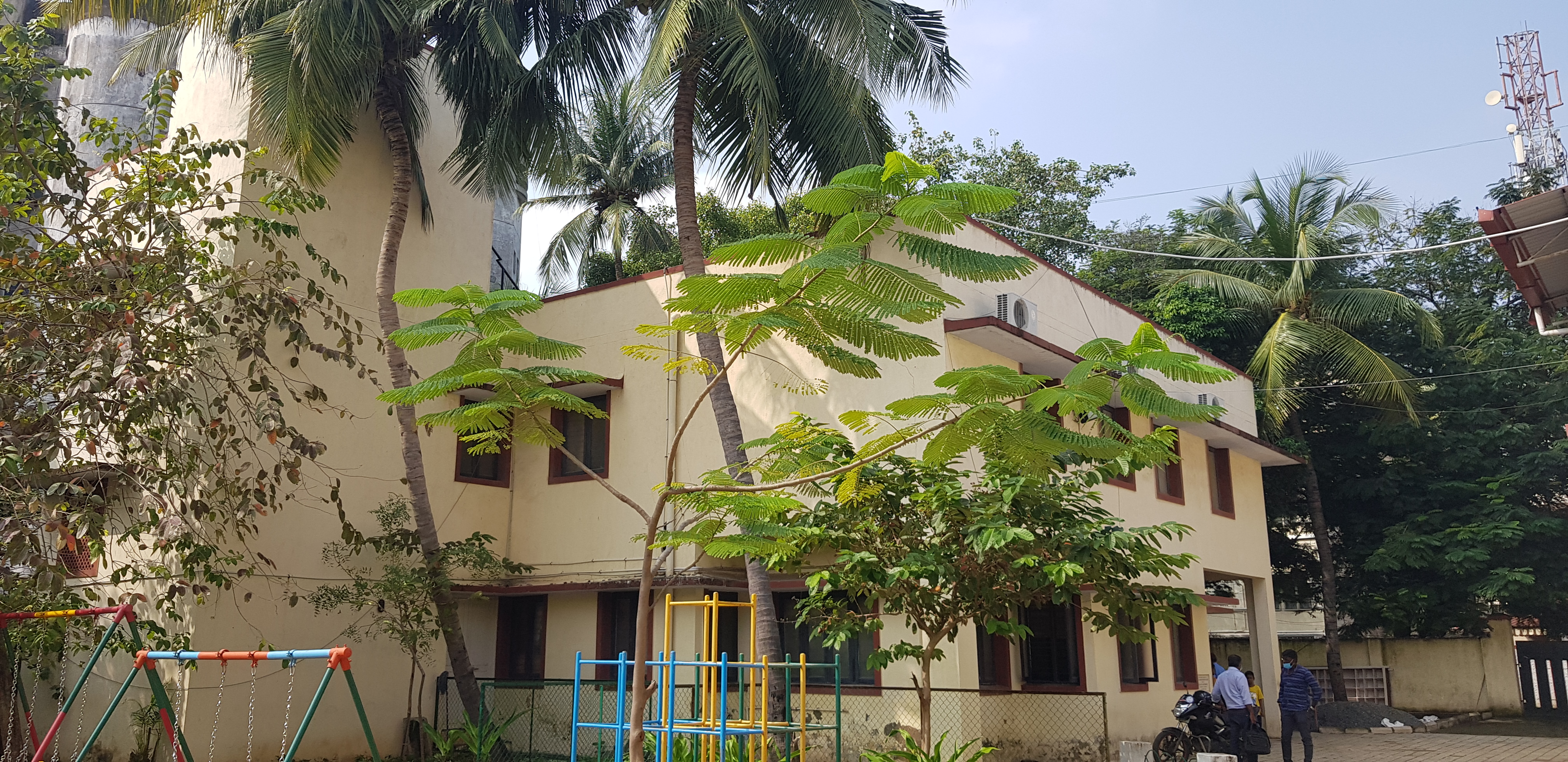
Vinayaka Clinic & Resource Centre:
Gifted by an anonymous donor – the building has the Homeopathy / Paediatric clinics, Eye / Dental clinics, a Counselling room and the Bala Mandir Research Foundation administrative office. It was inaugurated in 1988 by H.E. Dr. P.C. Alexander, Governor of Tamil Nadu.
The first floor was later built and inaugurated in 2005 by the President of Bala Mandir, Sri. V. Sethuram. It was built with the help of Yoga Vereingung Rajagopalan e. v. Germany. It is a Resource Centre – with a hall for meetings and seminars, a Library Room and a guestroom for resource persons to stay.
Bala Mandir Cultural Centre:
Bala Mandir Cultural Centre:
The Bala Mandir Cultural Centre is a 250-seater auditorium which was inaugurated in 2019. It is located above the Dining Hall and serves as a multiple purpose hall which can be used or various cultural and other events internal to Bala Mandir. The hall has excellent acoustics and is equipped with audio-visual equipment of the highest quality.

